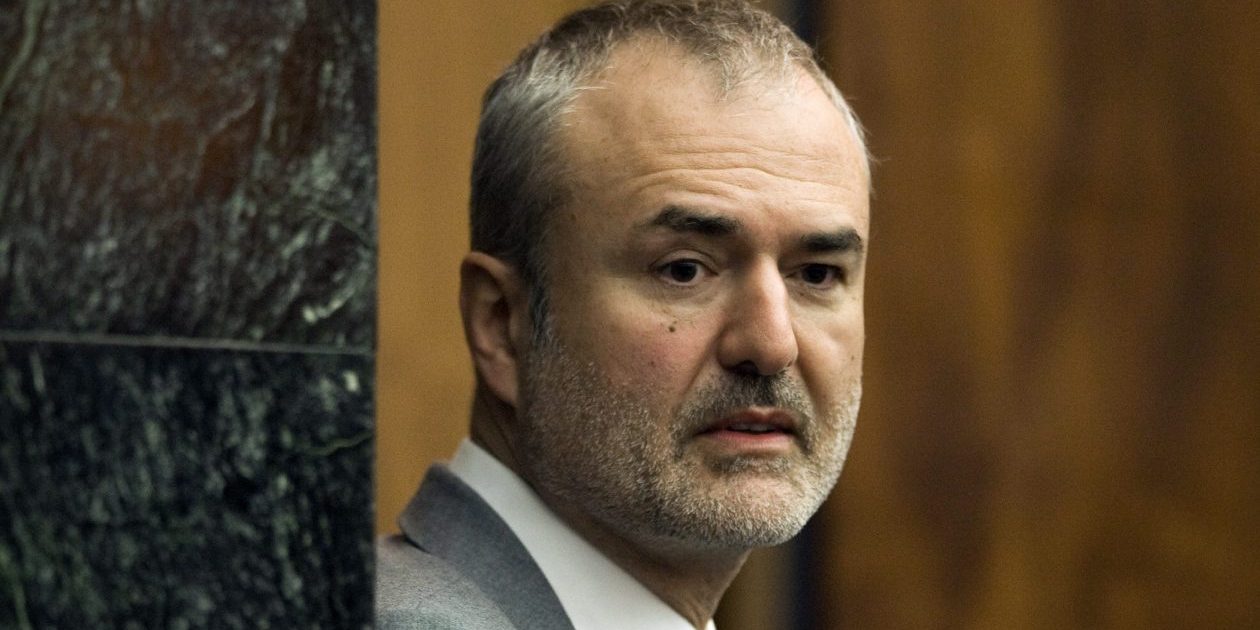It used to be so annoying, many years ago, when I would try to pitch an online publication and read in their submission guidelines that “web writing” was supposed to be somehow different than what we had known in print — more casual, more conversational, almost gossipy. Long before it was even launched, I think what those guidelines were getting at was what turned out to be Gawker.
Last week, after an ongoing legal drama that involved a Hulk Hogan sex tape, behind-the-scenes machinations of Silicon Valley billionaire Peter Thiel and a devastating bankruptcy/fire sale, Gawker Media‘s new owner, Univision, announced its flagship publication would be killed off by this Thursday. While the company’s other proprieties such as Gizmodo and Lifehacker will live on, a site that began as a sort of inside-baseball snarkfest about Manhattan media will be effectively shuttered.
“Desirable though the other properties are, we have not been able to find a single media company or investor willing also to take on Gawker.com,” founder Nick Denton (pictured) wrote in a note that was published on Re/Code. “The campaign being mounted against its editorial ethos and former writers has made it too risky. I can understand the caution.”
Gawker has no immediate equivalent in Canada — the closest is Frank, but its brand of satire is far more limited and near-literary compared to Gawker’s habit of outing gay celebrities and delivering scoops like Tom Cruise’s Scientology video. However, Gawker may represent the extreme end of an incredibly challenging dynamic in which publishers need to do whatever it takes to build traffic, while creating a relevant and appropriate place for advertising. In theory, any online property with a substantial audience should have value, but Gawker’s demise reveals just how fragile such properties are once brands get scared off.
An almost confessional essay by former Gawker editor-in-chief Max Read in New York magazine pointed directly to this issue while discussing the site’s Gamergate fiasco as the beginning of the publication’s end:
On Reddit, a campaign was launched to contact every advertiser Gamergaters could find on Gawker’s site — and not just the marketing departments of advertisers like Adobe and BMW, but specific executives. If you can bug a chief marketing officer, it doesn’t matter that your complaints are disingenuous: He just wants to stop being annoyed.
CMOs don’t just want to put their ads next to popular online destinations, in other words. They want environments that look and feel somewhat aligned with the brand values they’re trying to evangelize. Gawker’s death doesn’t make their challenges any easier, though. You don’t get traffic — let alone something with “viral” performance — without taking risks. Even if consumers were happy to be served a pablum of listicles and funny cat videos in perpetuity, the main distribution mechanism of content, Facebook, can destroy them with a tweak of its algorithm to filter out bland or clickbait articles.
Canadian media tends to play it a lot safer than Gawker ever did, but there’s no question attracting eyeballs and growing numbers will require publishing at least some content that continues to make advertisers extremely uncomfortable. Given how easily consumers can now block ads, the willingness of a brand to stand behind such publications will be nearly as much of a gamble as that taken by the publishers themselves. Gawker may have acted as though it had a death wish, but the media entities that remain — and their brand partners — will need a particular kind of courage to stay alive.











